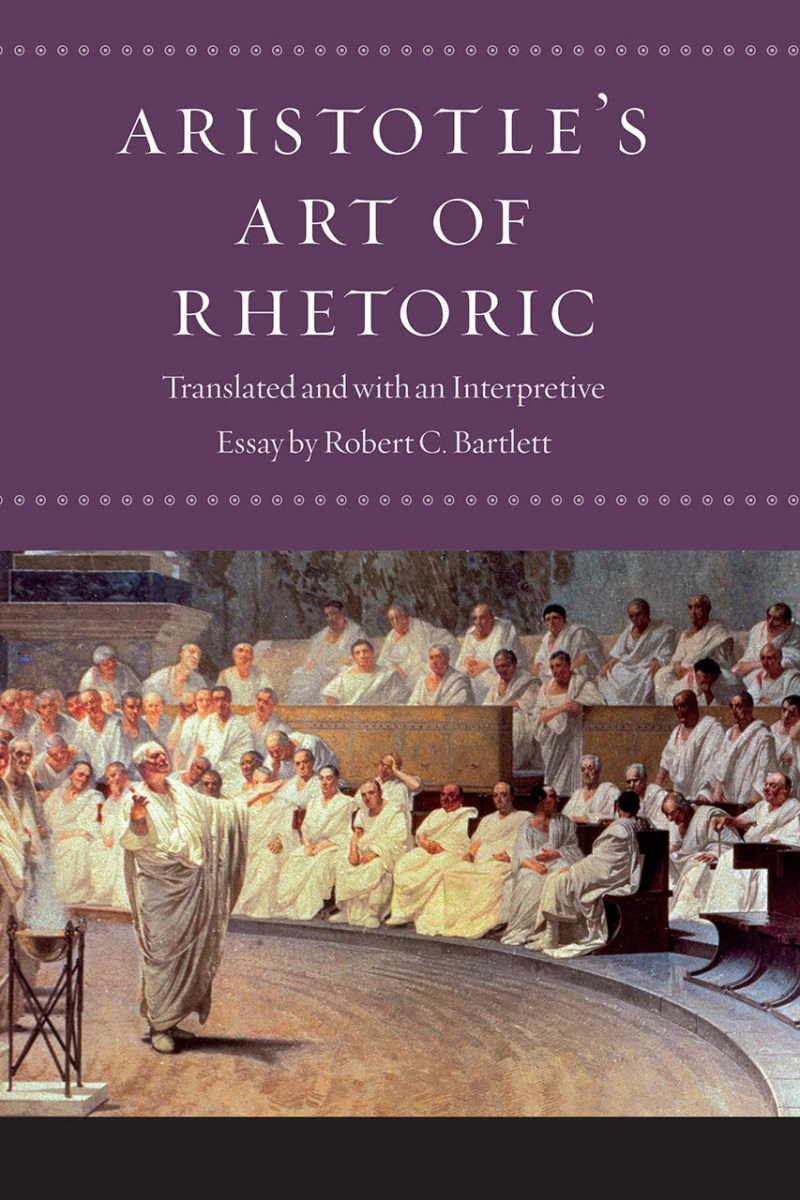Aristotle and Rhetorics
Aristotle, known as the "Father of Rhetorics," postulated three key components of rhetoric, which he asserted are equally essential for philosophy and dialectics. He has differentiated each component in his book Rhetorics, from reason to the author's point of view to an emotional appeal, which is best developed in the same work. Not alone did roving authors use this method; Roman intellectuals like Cicero also benefited from its effectiveness. Philosophers before Aristotle focused only on logic and dialectic. He described it as being the most compelling and persuasive under every condition possible. It addresses the speaker's credibility, style, and emotions at stake.
Aristotle is also credited for inventing the fundamentals of rhetoric via Rhetoric, a book on the art of persuasion, and with influencing the advancement of rhetorical philosophy from antiquity to modernity. According to Aristotle's Rhetoric, a speaker can convince an audience in three different ways: ethos, which is an appeal to the speaker's moral character; pathos, which is an appeal to the listener's feelings; and logos, which is an appeal to logical reasoning. Additionally, he divides speeches into three categories: epideictic speeches, which deal with praise or blame; forensic speeches, which are used in court to determine guilt or innocence; and deliberative speeches, which asked listeners to choose a subject. If the three points are well-expressed, the speaker may engage his audience.














